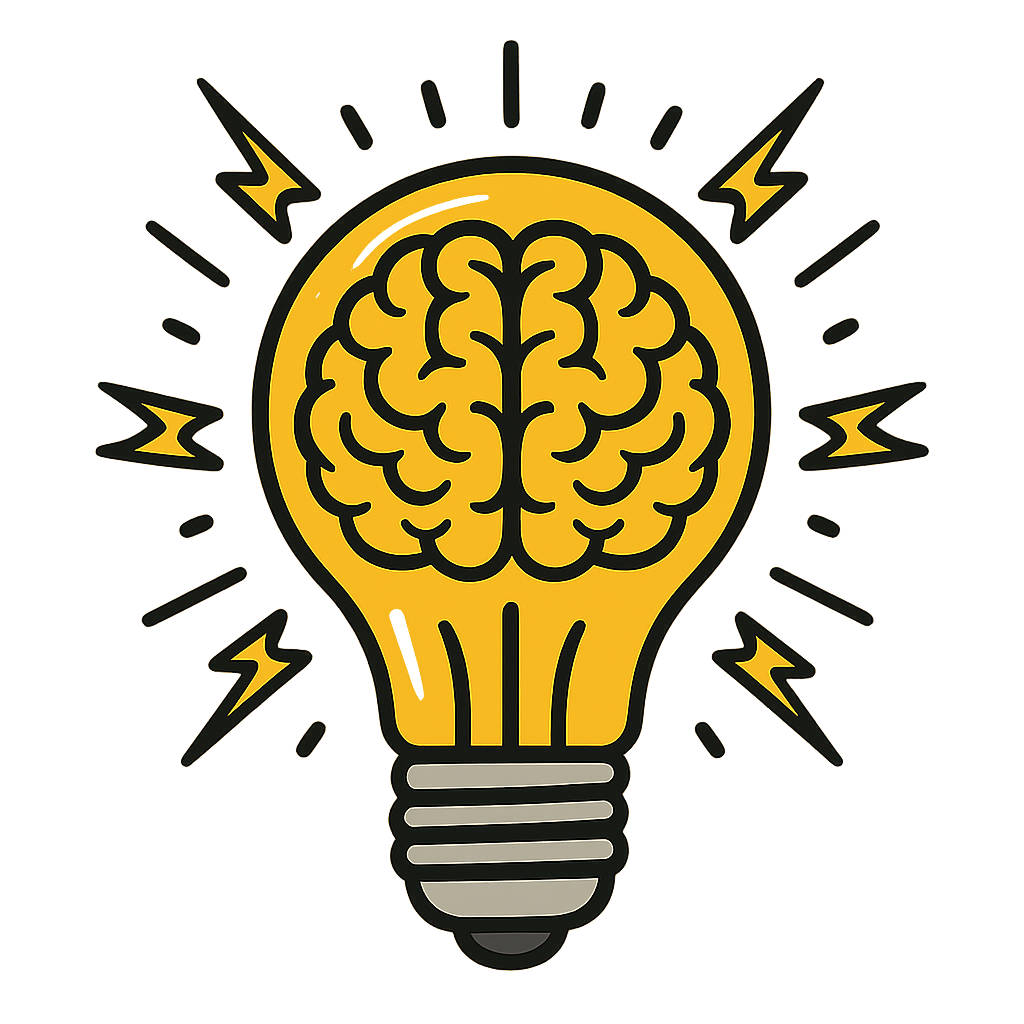🧠 R.E.A.L. Planning Template
Design brain-aligned lessons that restore attention, ignite curiosity, and deepen learning.
🟡 LESSON TITLE: ________________________
Grade Level: _______
Subject: ____________
Length of Lesson: __________
Standards / Learning Objective(s): __________________________________
🔹 R = Regulate
Begin by helping students downshift into focus and emotional readiness.
✅ Brain Goal: Calm the limbic system, activate prefrontal attention networks
🧘 MAPS Link: Meaning + Social Reward (trust, purpose)
Prompts:
- What is the emotional or attentional “state” students are likely to enter with?
- How will you guide them to settle, focus, or connect?
Examples:
☑️ Mindful breathing, check-ins, 1-word “mood meters,” music
☑️ “Do Now” that invites self-reflection or grounding
☑️ Social routine to build connection or shared attention
📝 Plan:
🔸 E = Engage
Spark curiosity, relevance, and anticipation to prime attention and motivation.
✅ Brain Goal: Trigger dopamine through novelty, curiosity, prediction
🔥 MAPS Link: Anticipation + Meaning
Prompts:
- What big question, mystery, or connection will hook students in?
- How will you connect the content to their world or identity?
Examples:
☑️ Provocative question, image, or short story
☑️ Think/predict/discuss moment
☑️ Personal connection or cultural tie-in
📝 Plan:
🔹 A = Apply
Guide students to actively use, transfer, or practice key concepts or skills.
✅ Brain Goal: Strengthen neural connections through doing, not just hearing
🧠 MAPS Link: Progress + Meaning
Prompts:
- How will students actively apply or demonstrate learning?
- Is this task authentic, scaffolded, and feedback-rich?
Examples:
☑️ Group problem-solving, debates, design challenge
☑️ Visual model, quick write, peer-teaching
☑️ Role-play or real-world simulation
📝 Plan:
🔸 L = Loop
Close the loop with feedback, reflection, and consolidation.
✅ Brain Goal: Activate metacognition, error correction, and long-term memory
🔁 MAPS Link: Progress + Social Reward
Prompts:
- How will students reflect on their learning, process feedback, or self-assess?
- What will they carry forward into tomorrow?
Examples:
☑️ Exit ticket with self-rating or “Aha moment”
☑️ Peer feedback round + revision
☑️ Journaling, error analysis, or gallery walk
📝 Plan:
✅ Optional Enhancements
🔗 Where do you include MAPS Motivation Drivers?
☐ Meaning ☐ Anticipation ☐ Progress ☐ Social Reward
📈 How will you check for understanding or growth?
☐ Formative assessment ☐ Student self-tracking ☐ Peer feedback
☐ Retrieval practice ☐ Reflective discussion
